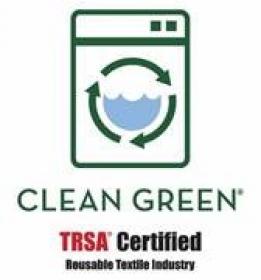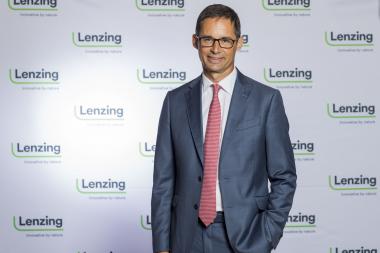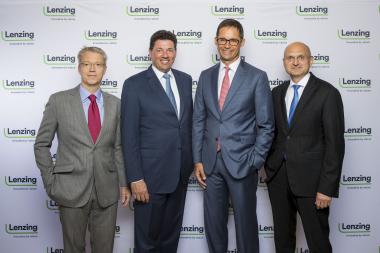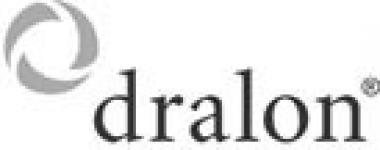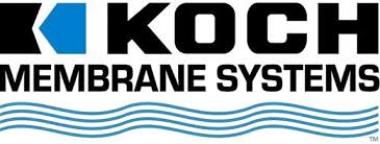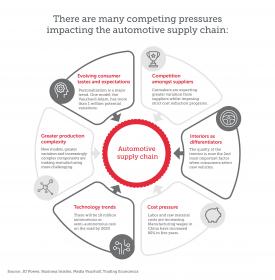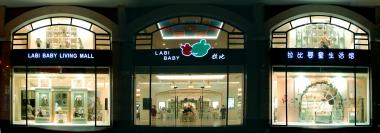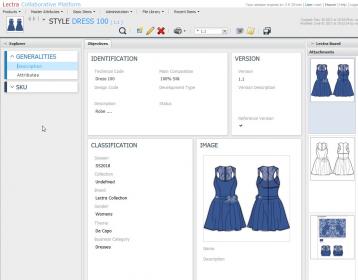Handcraft Linen Services Achieves Clean Green Certification
Virginia-based Launderer Recognized for Commitment to Sustainability and Conservation Practices
Handcraft Linen Services, the Richmond, VA-based independent medical launderer, has been certified Clean Green, reflecting the company’s dedication to operational efficiency and sustainability. Linen, uniform and facility services companies receive this distinction by adhering to TRSA-designated water and energy use thresholds and deploying best management practices (BMPs) consistent with the ASTM International environmental laundering standard.
Handcraft Linen Services’ customers can be assured their reusable healthcare textiles are washed, dried and finished with processes that maximize sustainability and reduce greenhouse emissions. Clean Green certified operations demonstrate significant commitment to conservation and green operations through these BMPs:
• Recovering heat from drained hot water and heat dispersed from the process of warming water
• Recapturing drained water from rinses for reuse
• Using environmentally friendly detergents
• Removing solids and liquids from wastewater
• Solar energy and energy-efficient lighting
• Recycling programs
• Re-routing trucks to save vehicle fuel
• Spill prevention plans
The Clean Green certification is valid for three years at a time. TRSA inspects laundry facilities seeking certification and approves documentation of their water and energy use and BMP deployment through production reports they submit to auditors during the inspections. TRSA’s certification management protocol includes auditor training by the association’s inspection program administrator.
Clean Green aligns with the ASTM International standard, Guide for Sustainable Laundry Practices, which recognizes key criteria for the certification as universal indicators of maximum sustainability in commercial laundry work. ASTM’s review of TRSA BMPs verified these as the most effective and practical techniques for a laundry to achieve green objectives.
TRSA members prompted development of the standard, which was vetted in the sustainability subcommittee of the ASTM Committee on Textiles. Top technical experts, scientists and environmental professionals from outside the linen, uniform and facility services industry reviewed the BMPs. ASTM is the global leader in developing and delivering voluntary consensus standards unparalleled in building consumer confidence in product and service quality.
“I applaud Handcraft Linen Services for their sustainability efforts and maintaining the highest standards in their production and delivery operations,” said Joseph Ricci, TRSA president and CEO. “Meeting all the criteria for certification is not easy, but the company is committed to industry-leading processes and technologies.”
TRSA


